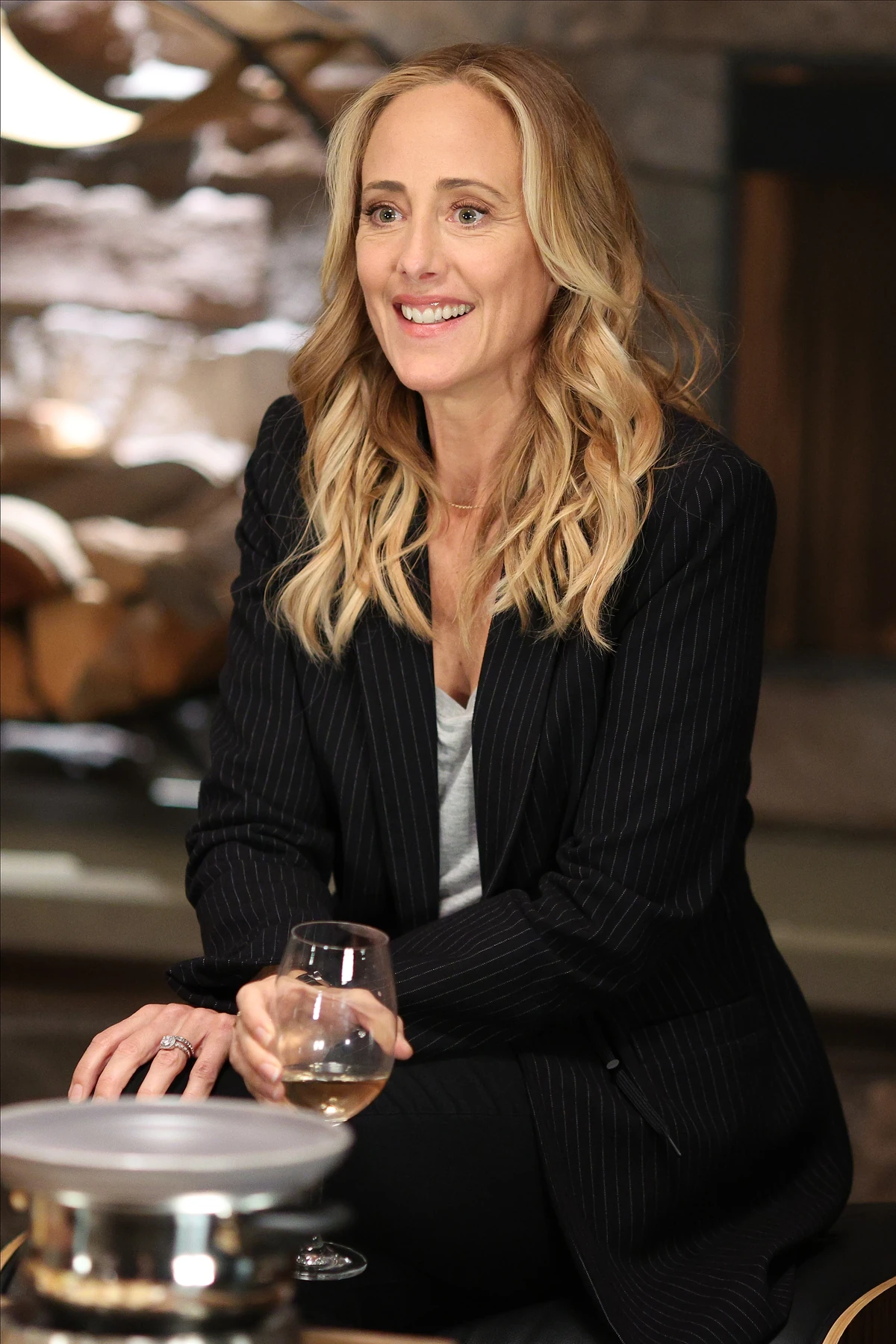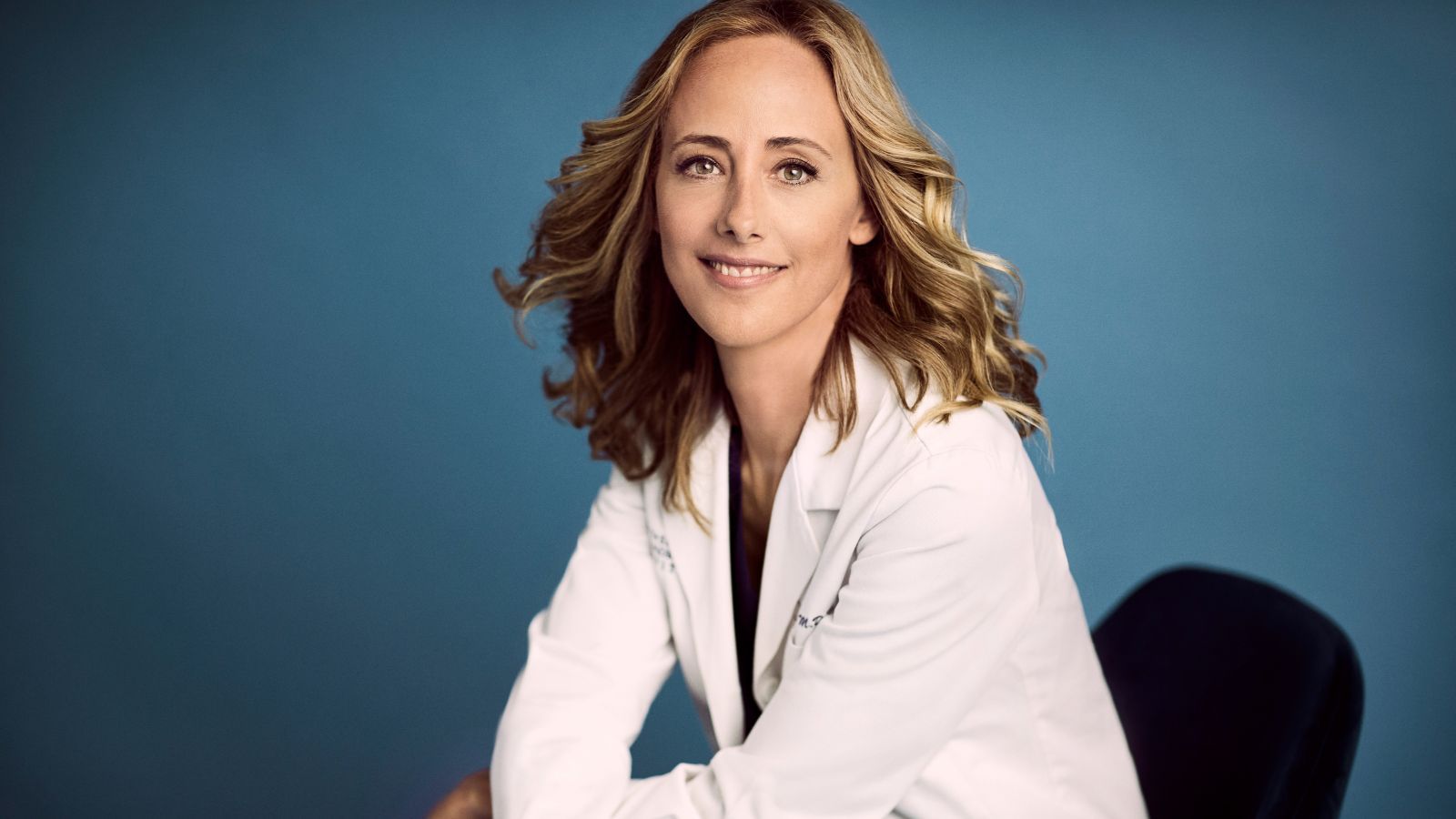When Sam Altman took the stage at Davos 2024, the world was watching. As the CEO of OpenAI, the company behind ChatGPT, Altman has become a central figure in the evolving conversation around artificial intelligence. But at this year's World Economic Forum, the spotlight wasn't just on AI — it was on the intersection of technology, climate change, and the urgent need for global cooperation. So, what did Altman say, and why does it matter to you, whether you're a tech enthusiast, climate advocate, or just curious about the direction our world is heading? Let’s dive into what Sam Altman shared in Davos and how it could shape the future of AI and energy systems alike.
Artificial intelligence is no longer a futuristic concept. It’s here, influencing everything from how we work to how we fight climate change. Altman, a key voice in this space, emphasized that while AI has the potential to boost human capability, it’s still people — not machines — who must remain in control. That balance between innovation and oversight is what makes conversations like the one at Davos so important. So, whether you’re an entrepreneur, student, or policymaker, understanding Altman’s perspective gives you a clearer picture of where we’re headed.
Now, if you're wondering how this ties into your daily life, think about it this way: AI is already changing how we communicate, create, and even make decisions. Altman’s message in Davos reinforced that urgency is key — not just in developing smarter tools, but in ensuring they help solve real-world challenges like the climate crisis. So, before we go further, let’s take a step back and understand who Sam Altman really is, and why his words carry so much weight in today’s tech-driven world.
Table of Contents
- Sam Altman: A Quick Look at the Man Behind OpenAI
- Davos 2024: Key Themes and Altman’s Role
- AI and the Energy Transition: Altman’s Vision
- Human Trust and AI: Why It Matters
- Frequently Asked Questions
Sam Altman: A Quick Look at the Man Behind OpenAI
| Full Name | Sam Altman |
|---|---|
| Position | CEO of OpenAI |
| Born | April 22, 1985, in St. Louis, Missouri, USA |
| Education | Stanford University (did not graduate) |
| Notable Roles | Co-founder of Loopt, President of Y Combinator, CEO of OpenAI |
| Known For | Leading the development of ChatGPT and driving AI innovation |
Sam Altman first gained recognition in the startup world as a co-founder of Loopt, a location-based social networking service. While Loopt didn’t become a household name, it was a stepping stone for Altman, who later became president of Y Combinator, one of the most influential startup accelerators in Silicon Valley. His leadership style, vision for technology, and commitment to ethical innovation eventually led him to OpenAI, where he now steers the ship as CEO. Altman’s presence at Davos 2024 underlines his growing influence not just in tech, but in global policy and climate discussions as well.
Davos 2024: Key Themes and Altman’s Role
At the 2024 World Economic Forum in Davos, Switzerland, nearly 3,000 leaders from over 120 countries gathered to discuss pressing global issues. AI was a major theme, with Altman playing a central role in conversations around its future. One of the key sessions he participated in was titled “Technology in a Turbulent World,” where he laid out his vision for how AI can be a force for good — if handled with care. The session wasn’t just about the technical potential of AI; it was also about the need for responsible innovation and the ethical questions that come with it.
Altman made it clear that while AI can help us work at a higher level of abstraction — basically, allowing us to focus on bigger-picture thinking — it’s still humans who must make the final decisions. He also highlighted the growing role of AI in everyday life and its importance in driving development and prosperity. That said, he didn’t shy away from the challenges. Safety, trust, and human interaction were all on the table, especially as AI becomes more integrated into critical systems like energy and healthcare.
AI and the Energy Transition: Altman’s Vision
One of the most urgent topics Altman touched on was the role of AI in the energy transition. With an “existential climate crisis” looming, he stressed that time is not on our side. “Urgency is our only savior,” he said, echoing a sentiment shared by many at Davos. The idea is that AI can accelerate the development and deployment of clean energy technologies, from smarter grids to more efficient battery systems. But it’s not just about tech — it’s about using AI to model complex systems, predict outcomes, and make informed policy decisions.
Altman pointed out that AI isn’t a magic bullet, but rather a tool that can help us make better choices. That’s why OpenAI made ChatGPT freely available to the public — to gather real-world feedback and understand how people actually use AI. This kind of open, collaborative approach is key to ensuring that AI supports the energy transition in a way that’s both effective and equitable. It also highlights the importance of public engagement in shaping the future of AI, not just by experts behind closed doors.
Human Trust and AI: Why It Matters
Trust is a big deal when it comes to AI. As Altman explained, the more intertwined technology becomes in our lives, the more critical it is that people feel safe and in control. That means transparency, accountability, and a commitment to ethical design. It’s not just about building smart systems — it’s about building systems that people can rely on. And that’s where companies like OpenAI come in, setting standards and pushing for responsible development practices.
One of the reasons OpenAI made ChatGPT widely accessible was to learn how people interact with AI in the wild. This kind of real-world testing is invaluable for understanding user needs and concerns. It also helps identify potential issues early on, from bias in outputs to misuse of the technology. Altman made it clear that while AI can do a lot, it’s still people who must make the final call. That human-in-the-loop approach is essential for maintaining trust and ensuring that AI works for everyone, not just a select few.
So, what does this mean for the average person? It means that the AI tools you use — whether it’s for work, education, or just chatting — are being shaped by discussions like the ones at Davos. And as AI becomes more common in our lives, staying informed and engaged will be more important than ever.
Frequently Asked Questions
What did Sam Altman say about AI and climate change at Davos 2024?
Altman emphasized that AI can play a crucial role in the energy transition by helping model complex systems and accelerate the development of clean technologies. He also stressed that time is of the essence, calling urgency “our only savior” when it comes to tackling the climate crisis.
Why did OpenAI make ChatGPT freely available?
OpenAI made ChatGPT available to the public to gather real-world feedback and better understand how people use AI. This open approach helps identify issues early on and ensures that AI tools are developed responsibly and inclusively.
What is the biggest challenge in integrating AI into daily life?
According to Altman, the biggest challenge is maintaining trust and ensuring that humans remain in control. As AI becomes more embedded in our lives, issues of safety, transparency, and ethical use become more pressing.
If you're looking to stay updated on the latest in AI and climate innovation, learn more about the future of technology on our site. You might also want to check out how AI is shaping the next generation of energy systems.
For deeper insights into AI's role in global development, you can read more on the World Economic Forum's official site.



Detail Author:
- Name : Murray Kessler IV
- Username : jborer
- Email : rhaley@yahoo.com
- Birthdate : 2002-10-18
- Address : 22330 Shanahan Canyon Suite 832 Keyonside, OK 30949
- Phone : +1-539-937-3110
- Company : Wolff, Towne and Hudson
- Job : Poet OR Lyricist
- Bio : Repellat voluptatem quae sit dolor nisi officiis. Illo quod dolorum facere a. Nesciunt aut veniam sequi rerum nisi maiores.
Socials
twitter:
- url : https://twitter.com/cprosacco
- username : cprosacco
- bio : Ut blanditiis et eos aut fuga. Est sequi non aut cupiditate nobis. Excepturi veritatis ipsum similique soluta dolores aut sit.
- followers : 6271
- following : 341
instagram:
- url : https://instagram.com/ciara_xx
- username : ciara_xx
- bio : Et sed sapiente qui culpa ex. Unde officia aperiam dolorem ut et.
- followers : 6718
- following : 337
linkedin:
- url : https://linkedin.com/in/prosaccoc
- username : prosaccoc
- bio : Eum nostrum est fuga assumenda est.
- followers : 278
- following : 2407
tiktok:
- url : https://tiktok.com/@ciara.prosacco
- username : ciara.prosacco
- bio : Distinctio et est facilis rem aut.
- followers : 6200
- following : 1562

